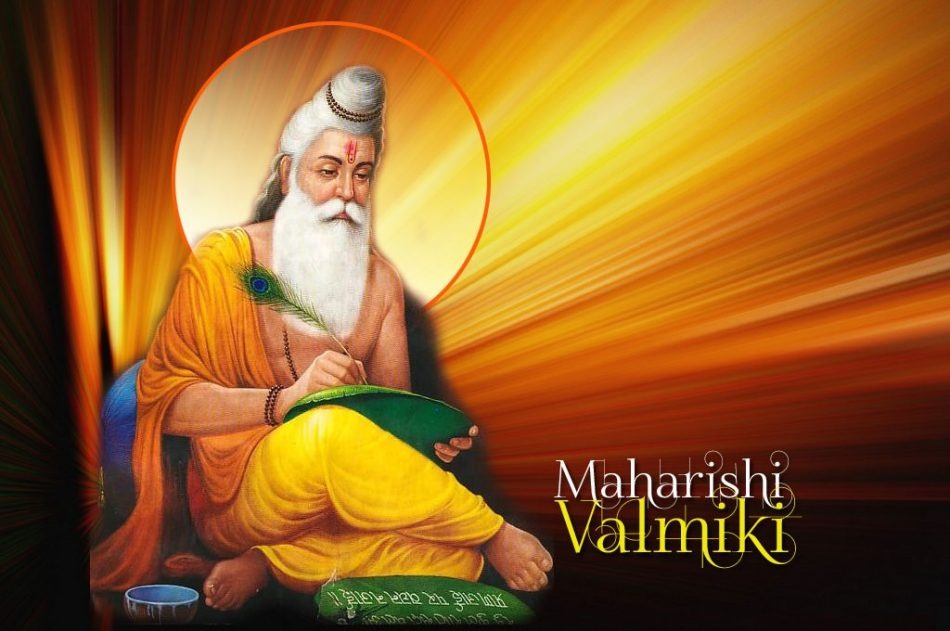
Maharishi Valmiki, the revered sage who composed the Ramayan, is known as the first Sanskrit poet. His journey from being a dacoit to a great sage is one of the most fascinating transformations in Indian history.
The Remarkable Transformation of Valmiki
Life as a Dacoit
- Valmiki was originally known as Ratnakar, a feared dacoit who robbed people to provide for his family.
- He believed his wrongdoings were justified, as he was supporting his loved ones.
Turning Point in His Life
- One day, he encountered Sage Narada, who questioned whether his family would share the burden of his sins.
- Realizing that he alone would suffer the consequences, Ratnakar decided to renounce his past and seek spiritual wisdom.
Years of Meditation and Enlightenment
- Narada advised him to chant "Ram", but due to his past karmas, he struggled to say the word.
- Instead, he was asked to chant "Mara", which over time transformed into "Ram".
- His intense penance turned him into Maharishi Valmiki, a divine sage with profound wisdom.
Valmiki and the First Verse of Sanskrit Poetry
- It is believed that Valmiki composed the first-ever Sanskrit shloka (verse) when he witnessed a hunter kill a bird.
- Filled with sorrow, he uttered the verse:
"Maa Nishada Pratishtham Tvamagama Shaashvatih Samaah"- This became the first poetic expression in Sanskrit, marking the birth of Sanskrit literature.
His Role in the Ramayan
- Valmiki later composed the Ramayan, one of the greatest epics of all time, which narrates the life and virtues of Lord Ram.
- His ashram became a place of learning, and Sita sought refuge there after being exiled, where she gave birth to Luv and Kush.
The Legacy of Maharishi Valmiki
✔ Recognized as the Adi Kavi (First Poet) of Sanskrit literature.
✔ His teachings emphasize repentance, devotion, and righteousness.
✔ The Ramayan continues to inspire generations, guiding people toward truth and dharma.
--Advertisement--

 Share
Share



